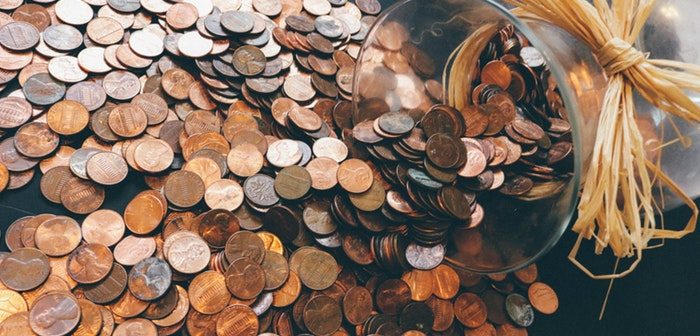The first rule of cleaning coins is, bizarrely enough, don’t clean coins! As a collector you won’t have to do this very often, if ever, especially if you buy sealed (or slabbed) coins from a dealer like Golden Eagle Coins. Cleaning metal coins can cause chemical reactions or abrasions on the surface which can affect their value. This damage is irreversible, so it’s wisest to leave well alone.
So, why would you ever decide to clean coins?
Usually, the only reason to clean them is if you’re helping a younger collector start their collection off from coins that are in circulation. These coins are often dirty and they have the potential to carry pathogens and undesirable substances, so you may want to give them a clean.
How to clean coins for a young hobbyist
First you need to wash your hands to remove grease and dirt.
You then need to place a soft, clean towel on your worktop so that it can catch any dropped coins and to give them a safe place to dry.
Next, you should fill up a soft, clean plastic container with warm water from your tap. It’s important that you don’t use a glass or porcelain container as these can damage the coin edges. All you need is a tiny squirt of dish-soap, no harsh cleaners and certainly no abrasive cleaners.
You also need a final rinsing bath for your coins. This should be a similar container to the soapy bath, and if you can, use distilled water.
Cleaning the coin
Clean one coin at a time by dipping it into the soapy water and very gently rubbing it between your thumb and fingers. If there’s any residue or dirt on the coin, rub it outwards towards the edge so that you can “push” it off the sides. Keep the coins away from each other so they don’t abrade one another.
Rinsing the coin
Rinse under running warm tap water initially and try to remove soap and any dissolved dirt by shaking, rather than rubbing, the coin in the water.
Your final rinse is in the distilled water. This rinse will remove any last traces of chlorine and any dissolved compounds in the tap water. You need to hold the coin only by the edges from now on, never by the faces.
Drying
If you’ve used distilled water then you can leave the coin to dry on the towel; as distilled water has no minerals in it, there’ll be no water-spotting. If you’ve used tap water, gently dab the coin to remove water droplets before they evaporate and leave mineral deposits. Do not rub the coins with the towel!
Now you can repeat this process with your other coins. If you need to soak any, make sure they’re alone in the tub so they don’t touch another coin and cause scratches.
Now you can store them
Your coins must be totally dry before you put them away as dampness can cause corrosion or other damage over time. You must only handle them by the edges, too, remember…




